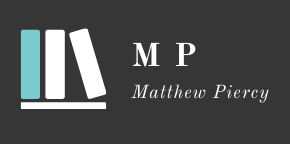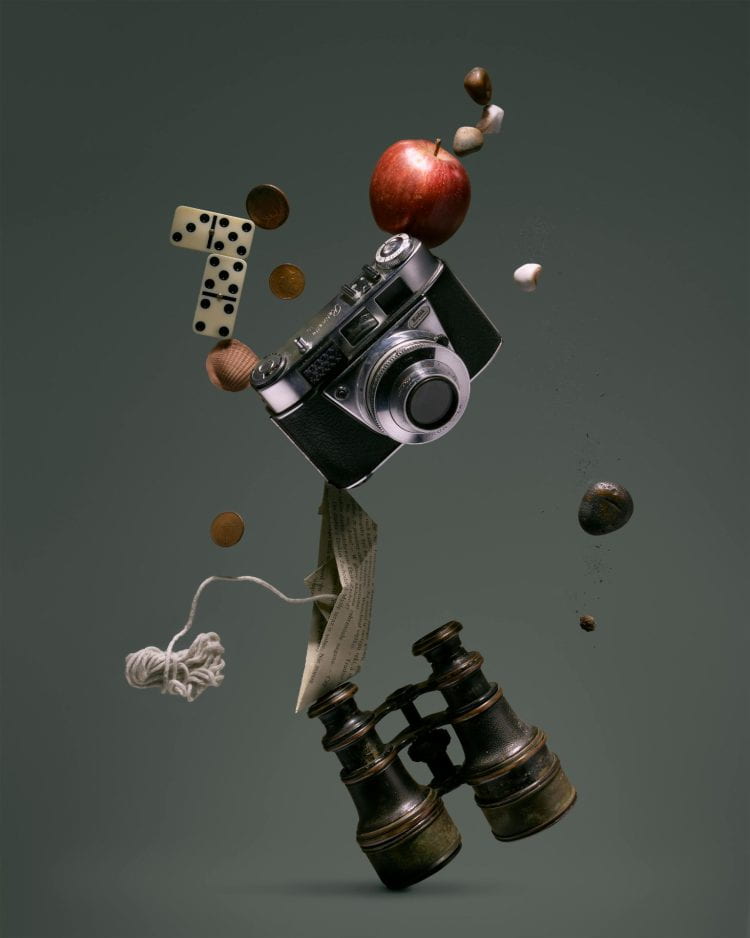What might I share that will be worth your time to read? For many teachers (and students!) energies and attention right now are being funneled into the finish of yet another academic year. Though there is so much still to be wrapped up, the end will likely come quickly. In an effort to finish the year strong, let us look more closely with wisdom at what appear to be three completely unrelated items: reflectors, savings, and Hawaii. Hopefully not only a connection becomes clear but also an understanding of the necessity to prioritize a vision of the future tempered with an intention to live in the here and now.
What If I told You a Reflector Could Save Your Life?
While I was in university, one outdoor outing particularly stood out. As I traipsed across a snowy mountainside, not a care in the world, in an instant I found myself facing nature’s wrath in a battle for survival. Underfoot, an unstable mass of snow broke free, followed by a deafening roar. The cloud of snow and ice hurtled to catch me, faster than 320 kilometers (200 miles) per hour. Scientists calculate a fully developed avalanche can potentially weigh as much as a million tons. This feeling of despair or race against time might be parallel to a teacher’s experience. We would hope not, but what did Orwell say about reality? That it exists in the human mind, and nowhere else! In the mountains of the western United States alone, there are approximately 100,000 avalanches each year. I would argue, that across our myriad of classrooms, we witness many more “avalanches.” Where time is lost to all meaning, consumed by the suffocating weight of “snow” or “to-dos”.
But, what if…
“What if” is a powerful phrase. Emboldened by infinite possibility, it invites us to explore alternative realities. Those Orwellian possibilities maybe existing in our minds and nowhere else. But, what if, by design, our schools, classrooms, and all that we experience in education were backed in trust? This ultimately comes down to the essentials of establishing strong and meaningful relationships. For outdoors people this may be a “relationship” with their gear, a testament to the saying that there is no such thing as bad weather, just bad gear. More than 150 brands of outdoor gear utilize a patented reflector (RECCO®) as a rescue technology to help find people lost in the outdoors or buried by avalanches. If something so tiny as a reflector has the potential to save someone’s life, or moreover build trust, what might this say about the potential inherent in our schools and amongst us as educators? The “avalanches” we perceive are far from being unstoppable juggernauts. We have this!
16x is a Lot
Bestselling author James Clear asserts, “Most people need consistency more than they need intensity.” He reflects on how consistency is what ultimately leads to progress. A difference in intensity and consistency is compared to going out to run a marathon versus not missing a workout for two years. Or, jumping cold turkey into a silent meditation retreat as opposed to finding silence daily. Such consistency has a level of patience and also requires discipline. Virtues in a sense and both are also steeped in vision. Recently I was dismayed to read how according to Northwestern Mutual, Americans think they will need $1.46 million to retire. Yet, they have on average only saved $88,000. That is 16x under what they think they need. Sixteen times! Imagine having sixteen times more students. A few years back I felt overwhelmed teaching 104 students. That number would now be 1,664 students! Or, what if we lived 16x longer? 73.4 years would mean 1174.4.
So, ultimately besides consistency, patience, and discipline, a bit of vision is necessary. As educators hopefully, we can see the “finish line.” Some maybe are even preflecting on how they may begin the next academic year. Yet, what we do with today is critical. We cannot afford to miss the here and now. The fact is, the future depends on it!
Determine Your Truth
Though I feel fortunate to call Hawai’i my home, I am not proud to share how the beauty and fragility of resources are largely unprotected. According to the Department of Land and Natural Resources, “As of 2023, Hawai‘i only invests $9 per tourist back in the environment, and less than 1% of the state budget goes towards conservation. We currently face an estimated conservation funding gap of $360 million per year.” Though this example has elements of both reflectors and savings, we consider it for another reason. Ultimately, it is about protection. A friend recently waxed poetically on what he terms the “underbelly” of conservation. Though the word “conservation” has its roots in the Latin “conservationem,” meaning “a keeping, preserving, conserving,” might the word have taken on a different meaning in reality? One with emphasis on “con.” Where charisma, deception, or opportunism are what ultimately courses through the veins. A truth painted by lies.
And how might this relate to us as educators?
As we continue to drown in information, artificial or not, we are being summoned to think. To read and watch widely and to listen to learn. One mandatory course within The International Baccalaureate (IB) Diploma Programme (DP) to support this is the Theory of Knowledge (TOK). Students take TOK to develop critical thinking skills by analyzing knowledge claims and to gain interdisciplinary understanding by exploring connections between different subjects. Within the context of the College Board, the Advanced Placement (AP) Seminar is similar to TOK, seeking for students to develop critical thinking, research, and communication through interdisciplinary exploration of complex topics. Regardless of the curriculum, a school subscribes to, the intention is for students to be able to determine truth. Their truth. This is only possible if we take time to reflect critically on not only what we might know or think we know. It also requires us to pay close attention to the diverse ways of knowing and a multitude of perceptions.
So, slow down. Listen a little harder and look. Though the “finish line” is in full sight, go slow to go fast. And enjoy the “ride.”
Our Mindset and Actions are Omnipotent
As we navigate the tumultuous currents and possibly perceived “avalanches” of education, let us not overlook the significance of reflection but also a deep understanding of the necessity to prioritize a vision of the future tempered with an intention to live in the here and now. Building trust, fostering consistency, and embracing patience are all necessary ingredients to this recipe we call “education.” Just as a tiny reflector embedded in our jacket (RECCO®) has the potential to save our lives, our mindsets and actions are omnipotent. Instead of counting down the days, might we delve into the depths of critical thinking with students, and embrace the moments we have left with absolute intentionality and purpose? “Your mission (insert your name), should you choose to accept it, is to serve as a beacon of guidance, inspiring those you teach to navigate the complexities of the world with purpose, integrity, and joy.”
I accept.

